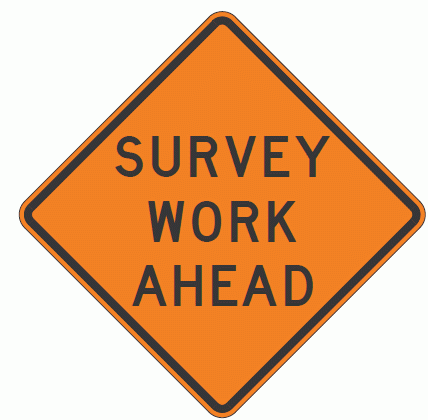 In the civic technology and open government space E-Democracy’s role is quite unique.
In the civic technology and open government space E-Democracy’s role is quite unique.
We’ve emerge as an R+D online community engagement knowledge generator built on authentic local civic participation. Our mission includes increasing real participation and widely gathering and sharing lessons. Our global impact is based on pushing the envelop locally.
With nearly 20 years under our belt, we are a bit of an old dog, but we are being told by civic technology, open data, and government transparency leaders that we are in the space where they are now arriving – engagement. Our old trick – inclusive and civil online engagement – is emerging as the hot need for the civic tech community to have a real impact.
One needs participants to test any civic idea, any technology, or any new strategy. We all crucially need an inclusive base of participants if you want to be more representative and go beyond testing ideas with highly wired early adopters.
Over five years ago, we shifted our focus to the neighborhood level and broadened our scope from the city-wide online town hall focused on local politics to embrace  community life exchange. We further embraced in our funded work, a strong focus on inclusion and connecting neighbors and communities across race, income, generations, immigrant/native born, etc.
We went from a model that attracted ~1% of households to 25% or more within the geographic area served. Unlikely a many commercial neighbor connecting models which create resident-only private connections, we’ve stayed steadfastly public, open, and inclusive by design. This is crucial for both community agenda-setting and wide spread learning.
So how are we doing? What is our impact? What do we need to do better?
We now have well over 10,000 individual participants across a network of over 20 active online Neighbors Forums across St. Paul and Minneapolis. Our members aged 15 to 95 are engaged most days. Across St. Paul and in Cedar Riverside and Phillips in Minneapolis, we likely have the most representative base of local online participants anywhere in the world. Our intensive funded outreach (often in-person) is unique. In forum areas that have been all-volunteer, we suspect our socio-economic diversity is less (we find middle middle class areas with small homes and big hearts are the easiest to organize with volunteers).
After many months of asking ourselves what we want to measure, what we need to measure, what our we’ve promised our funders, and exploring what other surveys have asked, we now have a draft participant survey.
The draft evolved from an internal staff/Board working group and direct work with the Knight Foundation (our major funder) and their consultant Network Impact.
The honest truth is that even with the planned incentive of a drawing for an iPad Mini, the first survey will likely need to lose some questions (24 currently not including demographics) or we will not get feedback from the range of participants we want to reach. We plan a follow-up with a short surveys and quick user polls.
Whether it is through new research partnerships or additional grants to support knowledge sharing we have to balance our learning time with our practical on-forum outreach and engagement work. The key is to use this survey to work smarter so we can increase our impact. We are very interested in partnering with other independent research projects and researchers to further knowledge maximization moving forward.
Draft input opportunity
We seek in-depth feedback on our draft questions before we put them in the field to St. Paul and Minneapolis Neighbors Forum members (this is not a survey about a city-wide online town halls).
If you can commit to reviewing our main question set and offering feedback, please contact us.
We will bring you into a collaborative experiment using Google Docs comments to gather and share feedback. Please include in your offer to help some information about your research background or your involvement in online civic engagement/open government/etc.
Where did the questions come from?
As the questions have evolved from our survey review, our  internal working group, working with Network Impact, etc. our draft is an amalgamated soup.
At the core, we are trying to ask questions that tell us something we need to know. We want to ask questions that are somehow actionable as well. We can use the responses to improve our work or comparatively see the civic value we are generating in different neighborhoods or with different kinds of people. Other independent researchers might have different questions.
We owe many thanks to others like the UK Neighbours Online Study for breaking ground as well as Jakob Jensen for his survey work with us a decade ago. This online metrics conversation on the Democracies Online Exchange helped us get started.
In addition to the survey, there are a number of things we can measure that are baked into GroupServer, via content analysis, via Google Analytics, and through other qualitative methods.
You may also request access to this Google spreadsheet to review most of the questions we collected if you like.
And, if you would like to be part of our small review quick review panel over the next two weeks (through September 15), contact us and we will share access to our set of Google Docs for comment. You may choose to send us private comments as well.